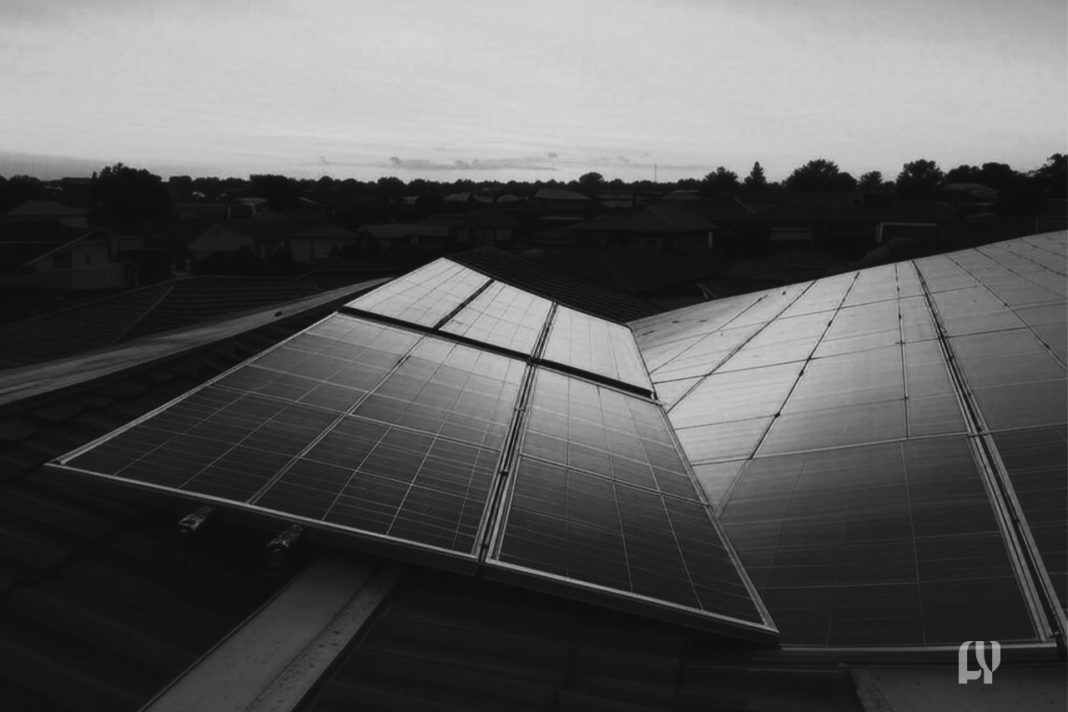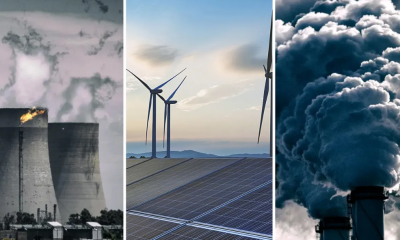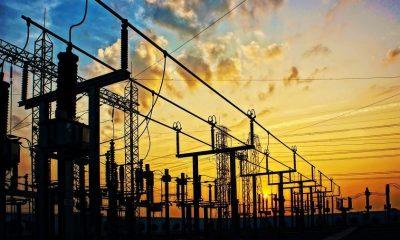Opinion
Solar Power vs. Eskom: Should You Switch Before the 2026 Deadline?

Johannesburg residents are caught in a dilemma: stick with Eskom’s unreliable grid and rising tariffs, or switch to solar power before March 2026—or face R50,000+ in penalties.
Eskom has issued a critical deadline for homeowners with solar panels: register your system before 2026 to avoid steep fees. But is going solar still worth it despite these new rules?
In this guide, we compare solar power vs. Eskom, break down the 2026 registration rules, and help you decide if switching now will save you money long-term.
Eskom’s Solar Registration Deadline: What You Need to Know
Who Must Register?
- All Small-Scale Embedded Generation (SSEG) systems (including solar PV) must register with Eskom or their municipality.
- Systems under 100kVA (most home setups) must comply.
- Off-grid users (completely disconnected from Eskom) are exempt but must prove independence.
Key Deadlines & Costs

- Free bidirectional smart meter (for systems ≤50kVA).
- Waived registration & connection fees.
- No upfront meter installation costs.

- Registration & compliance fees could exceed R50,000.
- Mandatory engineer-signed EGI report (~R20,000+).
- Possible delays in approval.
Why the Rush?
Eskom says registration ensures grid safety and fair energy distribution. But for homeowners, registering now means huge savings before fees kick in.
Solar Power vs. Eskom: Which Is Better in 2024?
1. Cost Comparison
| Factor | Eskom | Solar Power |
|---|---|---|
| Upfront Cost | None | R80,000–R250,000 |
| Monthly Bills | Rising yearly (12.74% hike in 2024) | Drastically reduced or eliminated |
| Long-Term Savings | None | 5–7 year payback, then nearly free power |
Verdict: Solar wins long-term, but only if you register before 2026 to avoid extra costs.
2. Reliability
- Eskom: Unpredictable load shedding.
- Solar: 24/7 power with batteries, no outages.
3. Environmental Impact
- Eskom: Mostly coal-powered (high emissions).
- Solar: Clean, renewable energy.
4. Government & Eskom Incentives
- Tax rebates for solar installations.
- Free smart meters (if registered before 2026).
How to Register Your Solar System (Before 2026)
Step 1: Apply via Email
- Contact Eskom’s provincial office (e.g., Gauteng@eskom.co.za with #Applications in the subject line).
Step 2: Meter Installation
- Eskom installs a free bidirectional smart meter (for ≤50kVA systems).
Step 3: Deposit & Billing Setup
- Residential users pay a deposit (R3,500–R4,800), spread over 12 months.

- An engineer’s EGI report (R20,000+).
- Certificate of Compliance (CoC) for wiring.
Should You Switch to Solar Before 2026?
Yes, If:



No, If:


Final Verdict: Act Now or Pay Later
Eskom’s 2026 deadline changes the game:
- Registering now = Big savings (free meters, no fees).
- Waiting = R50,000+ in penalties later.
For Johannesburg residents, solar is still the best long-term solution—but only if you beat the deadline.
What’s Your Next Move?


Follow Joburg ETC on Facebook, Twitter , TikTok and Instagram
For more News in Johannesburg, visit joburgetc.com



























